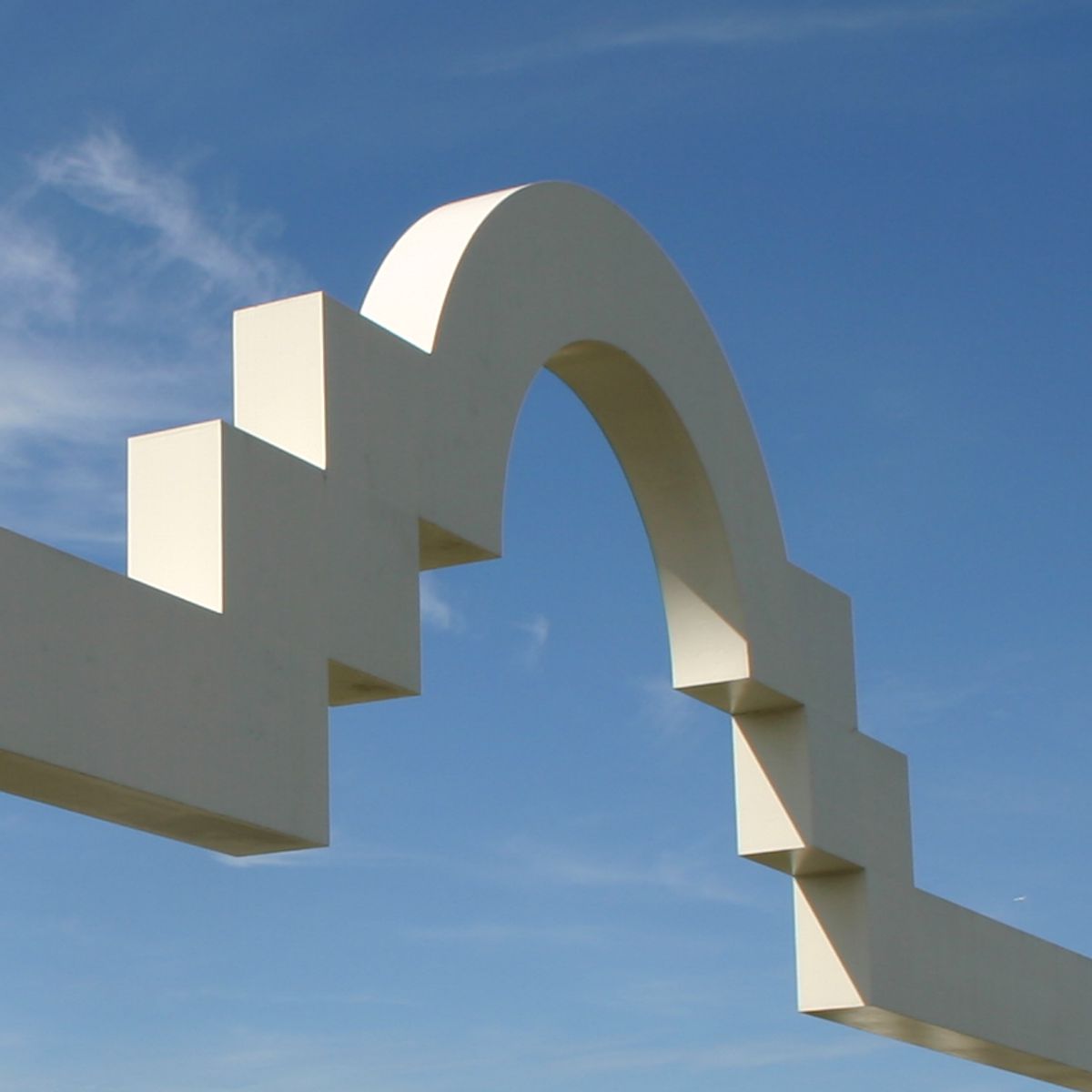A Banjo on My Knee...
A Banjo on My Knee...

Something about banjo music just spells fun, a fact that is well known among the members of the East Bay Banjo Club. Every Tuesday evening some two to three dozen players get together for two hours at the Round Table Pizza at 1938 Oak Park Boulevard, in Pleasant Hill, to practice and create this special brand of merriment.
It's a great hobby, says June Rosploch, currently the club's vice president and newsletter editor. Rosploch, who during the day works as a business consultant at Kaiser Permanente Information Technology in Hacienda, took up the instrument as a total neophyte more than 20 years ago. She found out about the club from an article in the local newspaper. "My husband surprised me one day by taking me to a meeting," she recalls. It didn't take long to get hooked. "It's very happy music. I was sold," she declares.
Rosploch is the perfect example of how playing skill can be developed in the club's mentoring environment. Her previous musical experience-she had played clarinet - was no help at all learning how to play the stringed instrument. She did not even know how to tune the beginner's banjo she had acquired.
Starting from the very beginning, she learned that there are both four-string banjos, which are strummed like a guitar, and five-string instruments, which are plucked. Like the ragtime musicians of old, the club plays the four-string banjo. (The five-string banjo, for picking, is a fixture in blue grass circles.) Rosploch remembers the challenge of early practice sessions, building up calluses on her fingers as she worked to master the metal strings. Eventually she was ready to trade up from her beginner's banjo, buying an old Gibson from a retiring member of the club.
In its 46-year history, the East Bay Banjo Club has seen a fair number of its players retire, but the flow of new recruits has kept the ranks fairly steady at around 40 members in all. There are a few second-generation members, like music director Bill Cooper, whose father was one of the club's founders; and a sprinkling of players who have been inducted into the National 4-String Banjo Hall of Fame, in Oklahoma City.
Long-time residents of the region might remember the club's famous float, the River Queen, which appeared in parades and at various community functions until it was retired by 1997. The club now plays at civic events and private parties, most recently taking part in the Summer Jazz Banjo Festival at St. Mary's College in Moraga. An appearance at Orinda's Fourth of July parade is also on the schedule, as is participation in the 37th Banjo Jubilee on September 13.
The club's Tuesday night practice sessions typically attract a crowd as well. Rosploch notes that little children are naturally drawn to the music, smiling, swaying, and tapping their toes. The club has a special pair of dancing fans, Max and June, who can be seen doing the Chicken Dance on YouTube. New members and observers are welcome. More information, including a list of scheduled appearances, is available at www.EastBayBanjo.org.
Also in this issue...
- Visioneer Aims Intelligent Imaging Solutions at Healthcare Efficiencies
- iWorks Media Creates Online Identities for Retailers, Other Businesses
- Business Bits
- Executive Profile: Judy Biviano Lloyd and Tim Lloyd, Altamont Solutions
- Cents & Sensibility Helps to Make Sense of the Market
- New Xerox Multifunction Printer Aims to Make Color Affordable for All
- Tri-Valley Health Care Providers and Resources Work to Meet Community Needs
- GASIT Makes Golf Fun, Raises Scholarship Money
- Relay for Life Cancer Fund-Raiser Slated for July 25-26
- A Banjo on My Knee
- Hacienda Index
- Calendar




